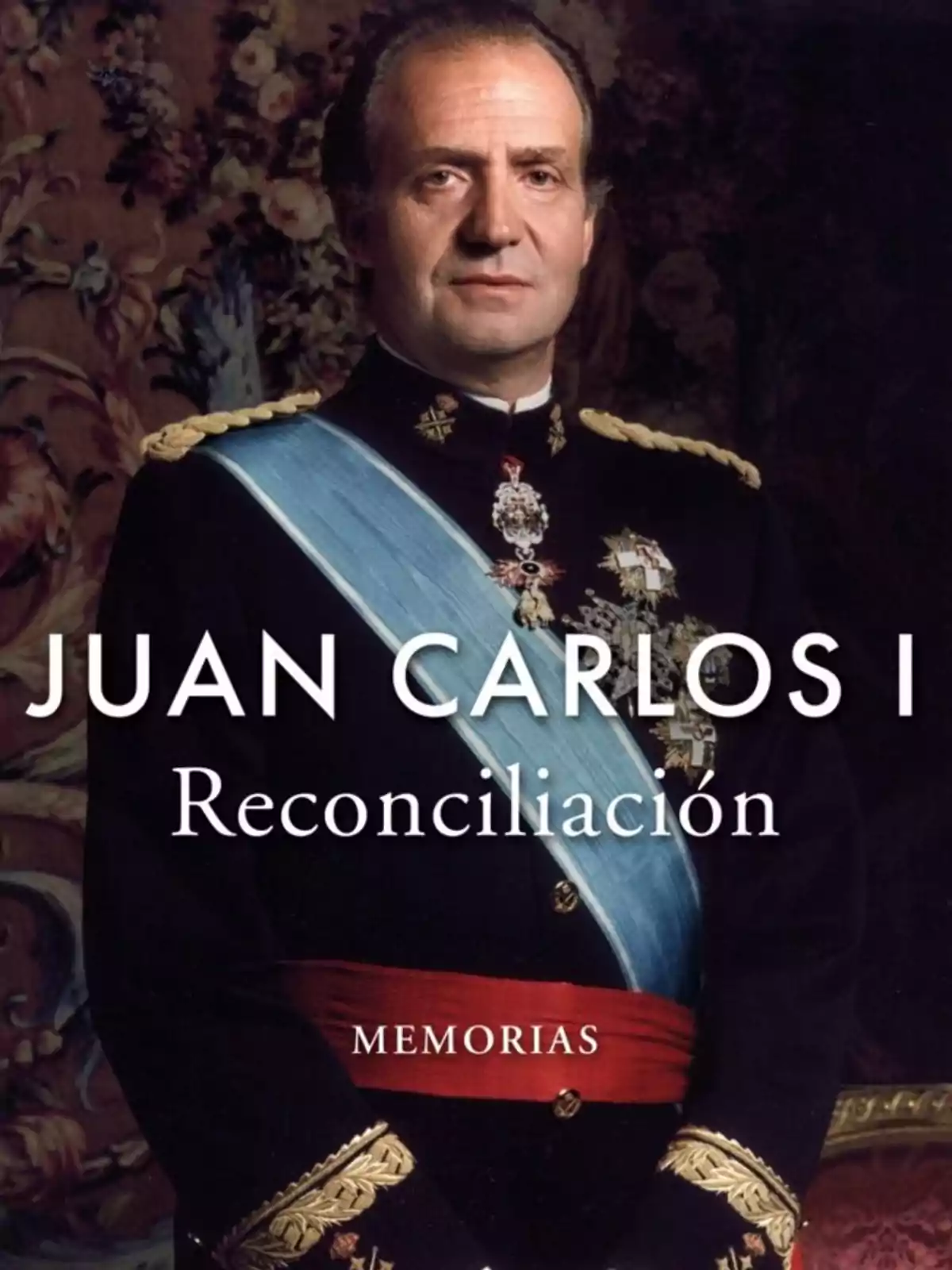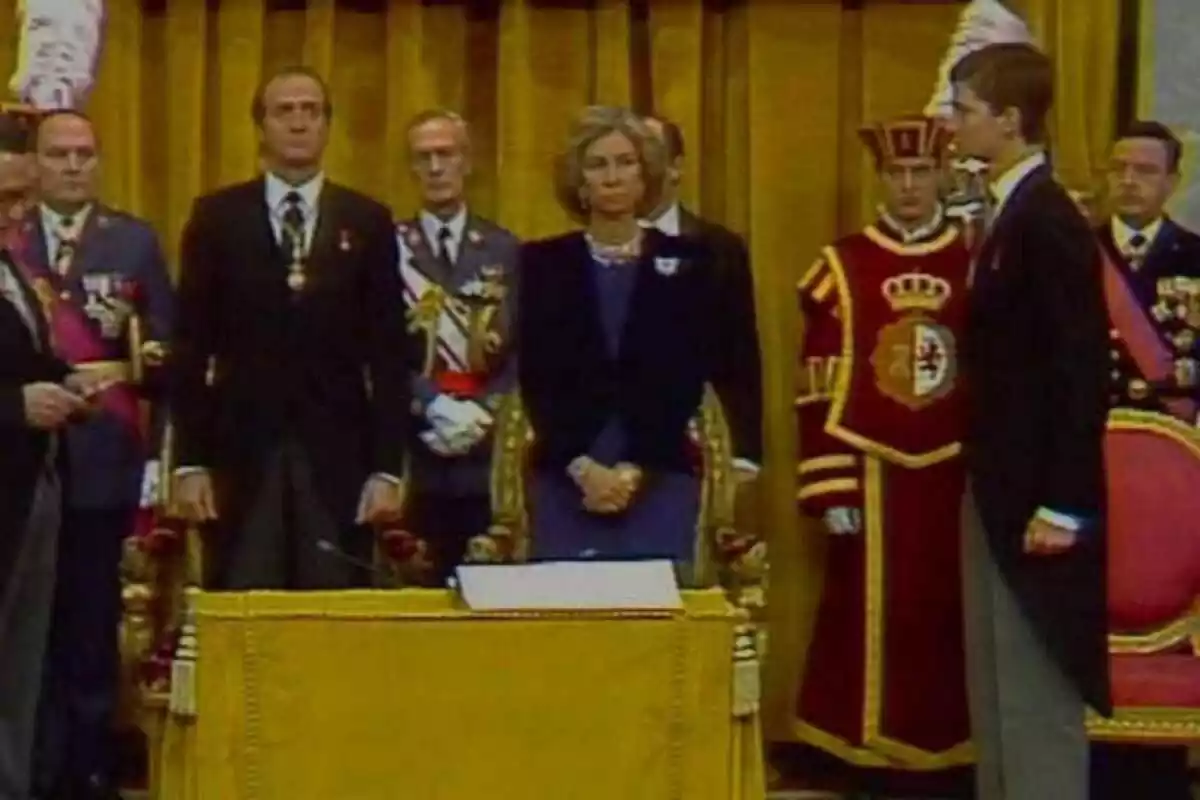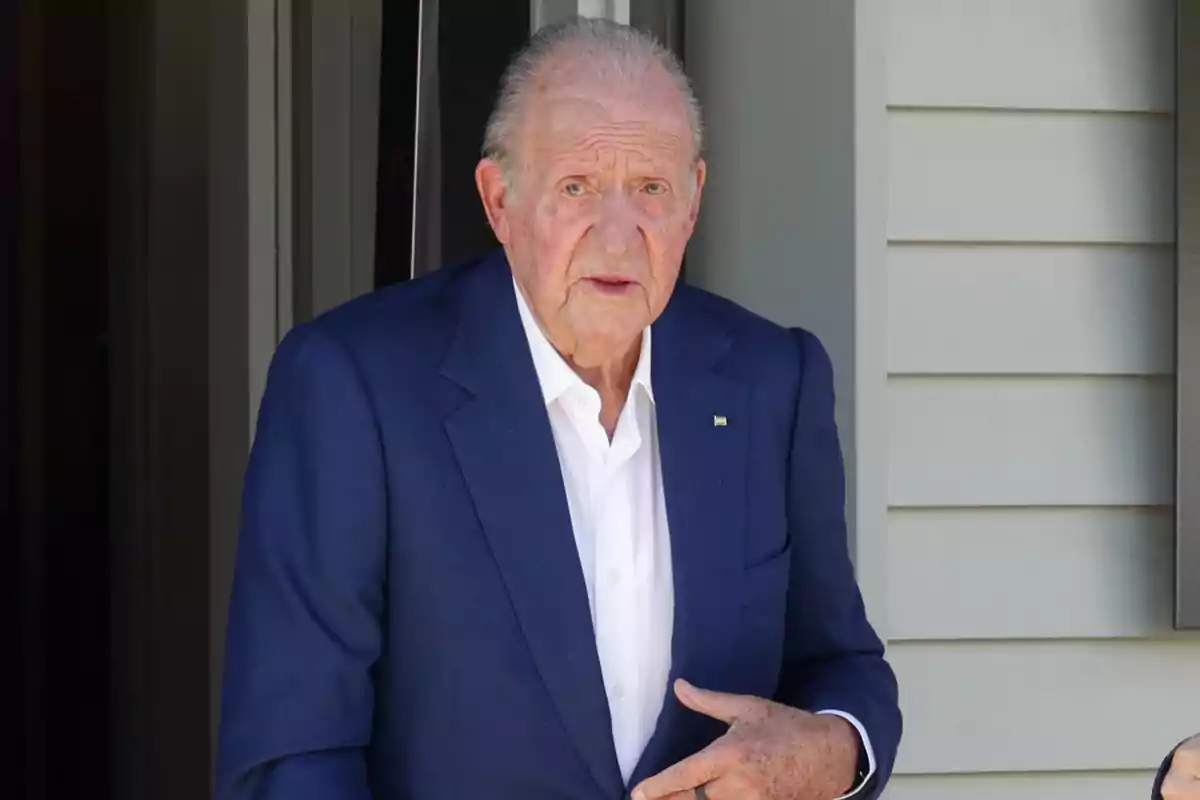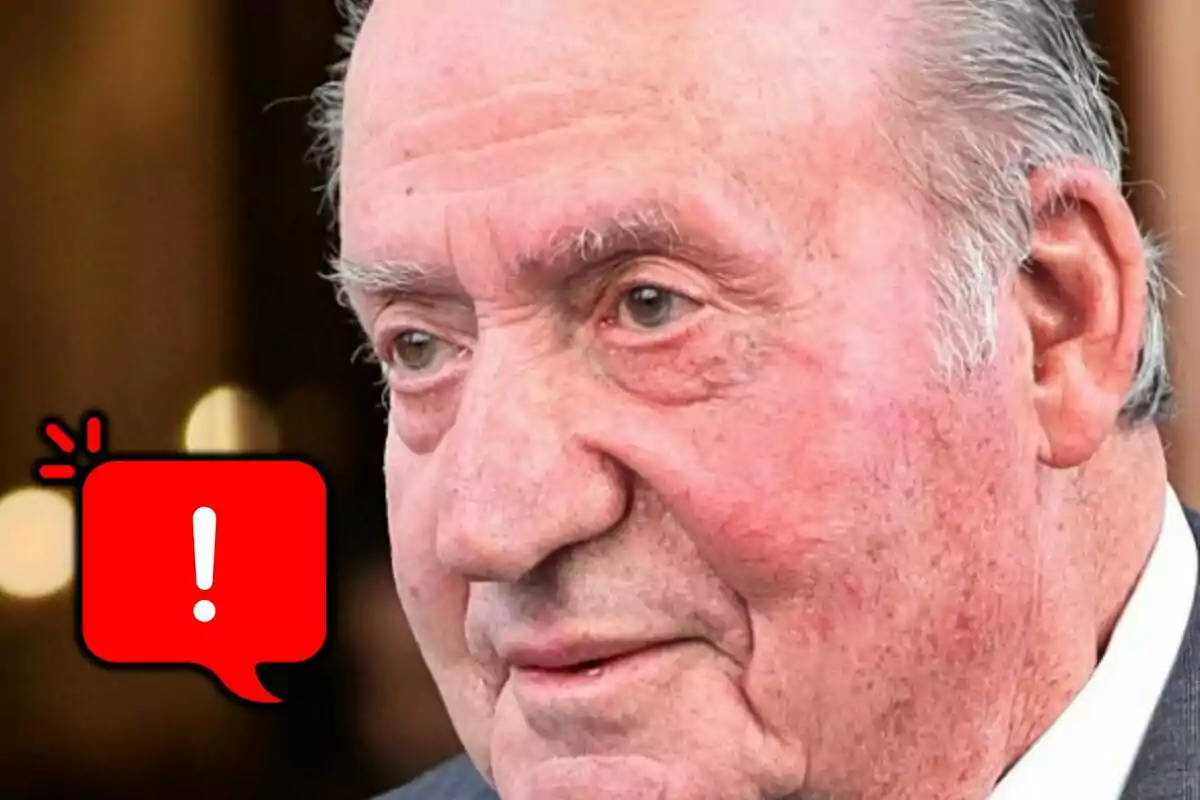Writer and historian Laurence Debray, considered the leading biographer of the emeritus king, has decided to tell everything about the process of drafting the monarch's memoirs. Just a few months before the publication of Reconciliation, the autobiographical book by Juan Carlos I, the author has shared previously unknown details about how the project was developed. Her confession completely changes the image people had of him until now.
She herself has explained how Reconciliation was developed, the personal and political memoirs of the former head of state. The book, which will go on sale on November 12, contains Juan Carlos's direct account of his life, his decisions, his mistakes, and his legacy. According to Debray, it is not an institutional commission, but rather an explicit wish of the monarch himself.
"He felt like they were stealing his story," Debray said, explaining why the king decided to break his silence. He was the one who wanted to speak, who proposed the project, and who set the conditions. His main intention was to convey his way of speaking with accuracy and to stay true to the essence of his voice and his personal view of the events.
Juan Carlos I speaks: this is how his most personal memoirs were developed
For two years, they worked together in Abu Dhabi, the city where the monarch has lived since 2020. Afterwards, they continued for a few months in Madrid to refine the text and finalize the book. The result, Debray assures, is a classic autobiography, told in chronological order and crafted with meticulous care.
It has not been a move to improve his image or an attempt to justify his past. The king has spoken about everything, even the most compromising episodes of his career. He has done so from a distance and with a critical perspective, but also with a deep sense of historical responsibility.

Debray has stated that Juan Carlos I has been involved with rigor and perseverance. "He is a meticulous and dedicated man," she said, dismantling the superficial image of the monarch. He has poured himself into every word, reviewing the texts and carefully choosing the terms that best reflected his thinking.
Reconciliation with the past: king Juan Carlos faces his history
In the book, the king recalls everything from his childhood in exile to his departure from Zarzuela. He talks about his relationship with his parents, his formative years, the Transition, the most difficult moments, and his role in democratic consolidation. He also confesses mistakes, excesses, and decisions that marked his downfall.
It is not just a personal perspective; there is a political intention behind the account. With Reconciliation, the king seeks to build bridges with his family, his country, and his own past. The message is clear: no one can build a future without understanding, accepting, and telling the past.

The book was written in French, a language both master fluently. They chose this language because it is her mother tongue and for him, one he handles almost as his own. In addition, French, as a diplomatic language, has always been the usual means of communication for the monarch with his European circle, so the choice was a natural one.
The testimony of king Juan Carlos in the face of an uncertain future
The publication comes at a delicate time, when the prestige of the monarchy and democracy itself are being called into question. Juan Carlos I has wanted to leave a record of his experiences, but also to issue a warning. According to Debray, the king has insisted on reminding people that democratic values are fragile and that they require constant attention and defense so as not to lose them.

The project has had the collaboration of his daughters, some loyal friends, and historical witnesses. There have been no external pressures or institutional interference. "He has said everything he had to say," Debray concluded.
Memoirs from exile: king Juan Carlos wants to reconcile with his country
The emeritus monarch's life in Abu Dhabi unfolds with military discipline: he reads the Spanish press daily, exercises, and keeps in touch with his closest circle. He misses Sanxenxo, where he still hopes to take part in regattas every September. What weighs on him most, according to his biographer, is the emotional and physical distance from Spain.
Reconciliation promises to be more than just memoirs; it is a political and personal testimony. It is a conscious attempt to close a chapter, to explain himself without shields or intermediaries. His purpose is to reconcile with his past, his country, and his family.

